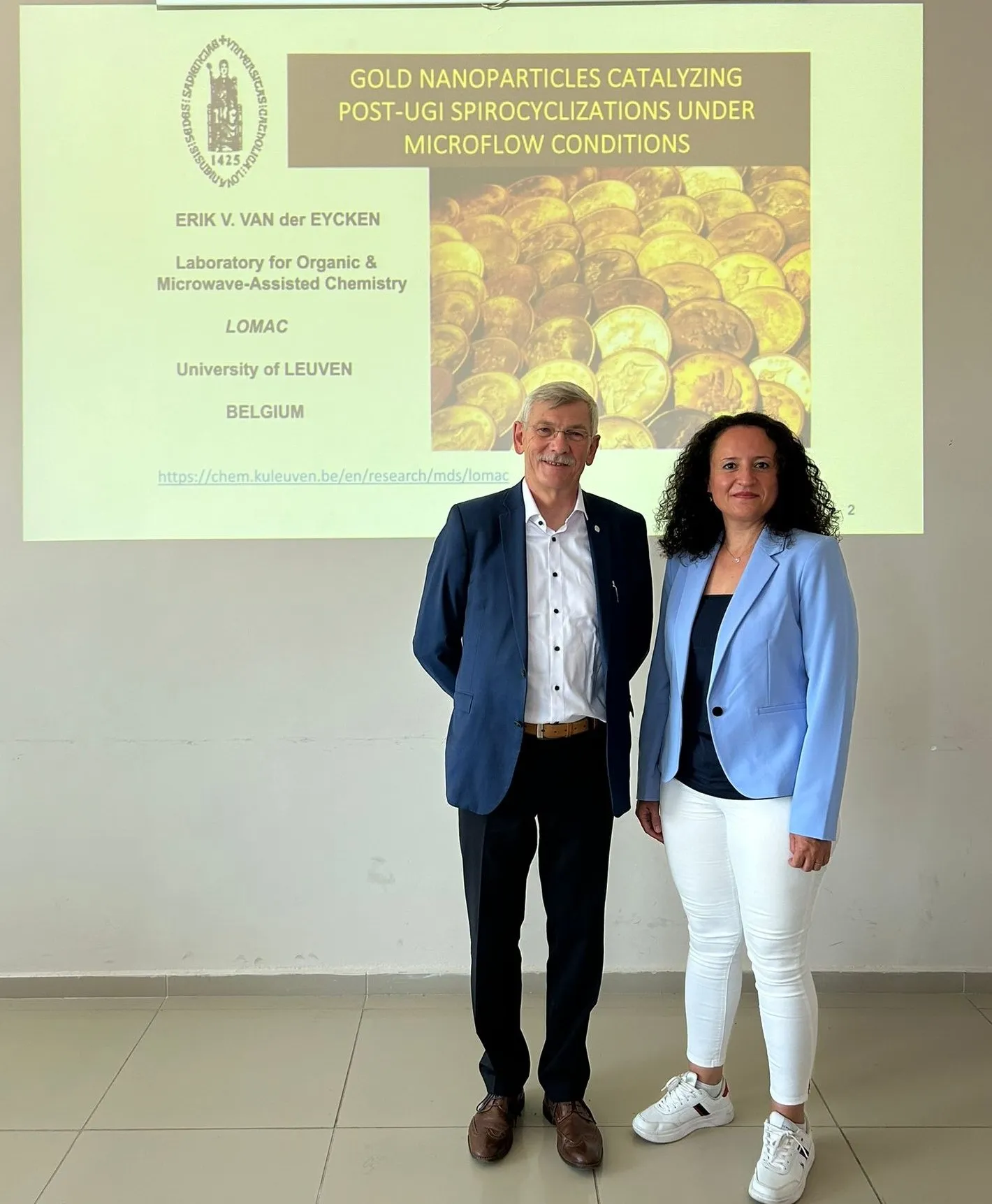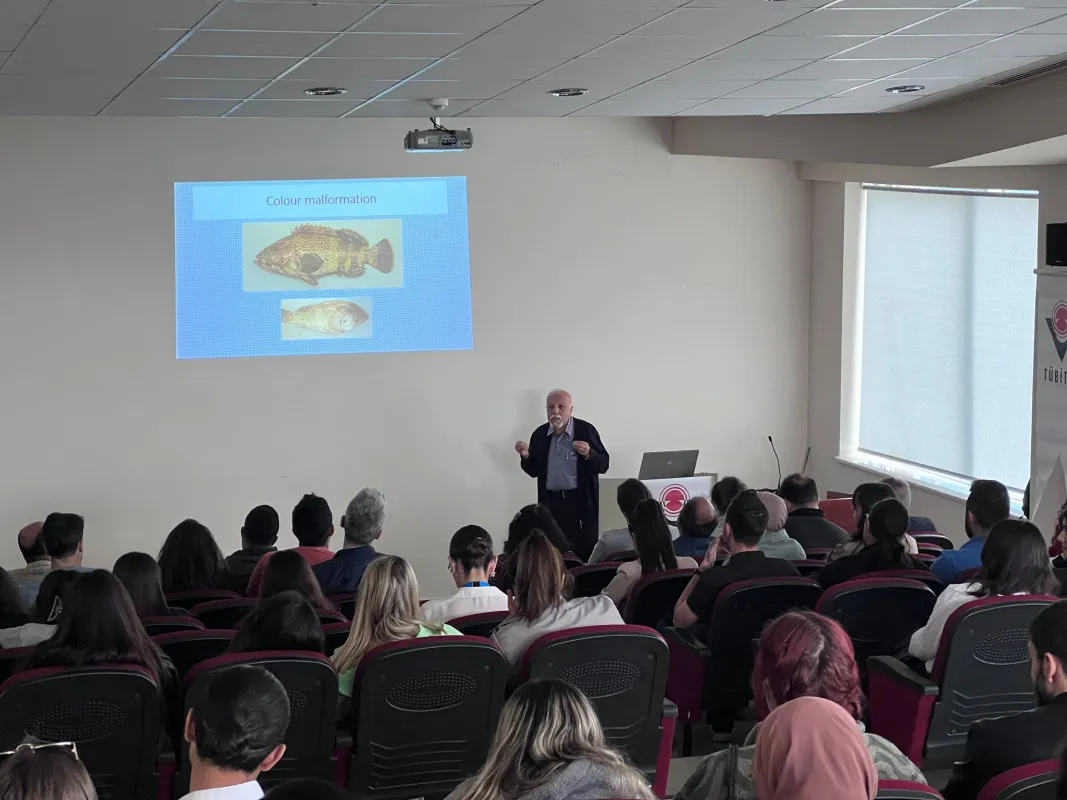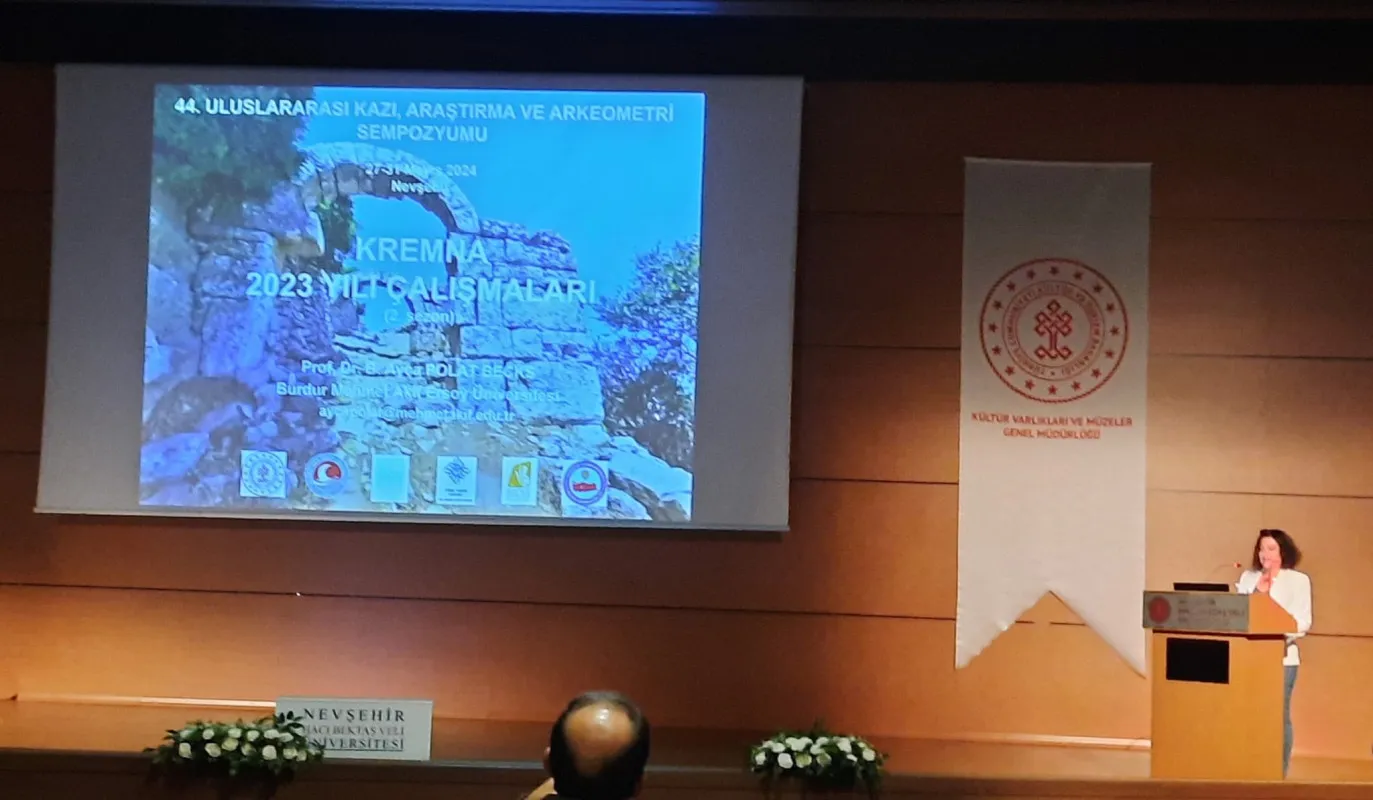Our faculty's academics conduct many projects both nationally and internationally. The results obtained from these projects are published in internationally reputable journals and make significant contributions to our country's scientific studies and recognition. In addition to projects supported by national organizations such as TÜBİTAK and BAKA, our academics also conduct projects supported by international organizations such as COST and HORIZON. These projects provide our students with both academic work opportunities and scholarships. On the other hand, projects such as TÜBİTAK-STAR and 2209-A are also presented by our students under the guidance of our academics, and significant support is received. In this way, our students achieve great success and are motivated. Various presentations are made at both national and international meetings, and the participation of our students in these meetings is encouraged.
Our faculty ranked among the top in the ÜniAr-DÜS rankings among science and literature faculties in 2016, 2017, 2018, 2019, and 2020, respectively, achieving 1st, 3rd, 13th, 11th, 3rd, and 6th places, proving its competence and quality in the field of research and development. Efforts to improve and encourage within the unit are ongoing to further increase this success. In this context, in 2023, nearly 100 research articles indexed in SCI, SCI-Exp, SSCI, AHCI, and nearly 60 in TR index were published by our faculty's academics, along with numerous books and book chapters. More than 30 national and international project supports were received.
Our faculty's academics conduct significant studies aimed at national and regional development goals in both numerical and verbal fields. Our main areas of social contribution include:
• Conducting archaeological excavations and providing scientific support to excavations,
• Presenting research and reports in the biological-environmental field,
• Providing scientific expert support to public institutions,
• Working with Non-Governmental Organizations,
• Providing expert witness services to courts,
• Providing food and shelter for stray animals,
• Creating a green belt around our faculty building in collaboration with management and students,
• Supporting other institutions in the field of education and training, and
• Ensuring the dissemination of science to society through organized scientific meetings.
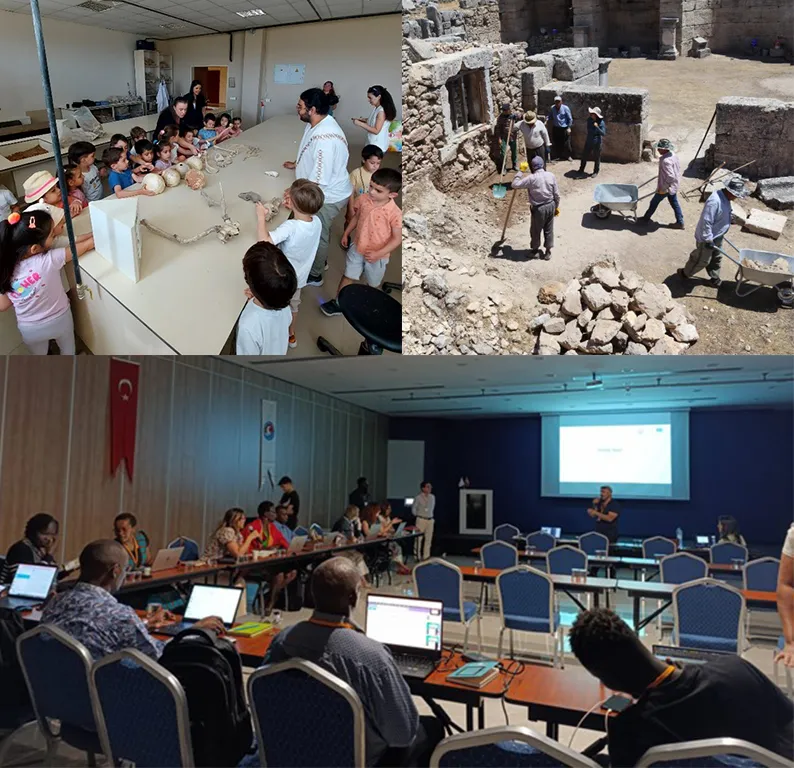
Among our most important scientific activities is the European Union Horizon (Ufuk) Project, briefly called “INNOECOFOOD” with a total budget of 7 million Euros, titled “Development, sustainable production, and marketing of agro-ecological food products using eco-innovative technologies in Africa.” This project has been prepared considering the European Union's “Farm2Fork” strategy developed for a fair, healthy, environmentally friendly, and sustainable food system, and it includes a total of 10 different countries: Portugal, Germany, and the United Kingdom from Europe, and Egypt, Ghana, Kenya, Namibia, Uganda, and Tanzania from Africa, along with Turkey. It consists of a large multinational consortium with 20 different international stakeholders, including universities, institutes, and private companies. The general coordination of the project is undertaken by Portugal, and on behalf of our university, the project is led and the work package leadership is carried out by our faculty member from the Department of Molecular Biology and Genetics, Dr. Öğr. Üyesi Seyit YÜZÜAK. This project is the first European Horizon project of our university and city, and with the project grant of 250,000 Euros it has brought to our university, it is the largest international budgeted and the first European Union Horizon project of our university to date. With this project, after a six-month process of work and follow-up by our project leader Dr. Öğr. Üyesi Seyit YÜZÜAK, supported by our Vice Rectors Prof. Dr. Oğuz Gürsoy and Prof. Dr. Hakan Öner, our university has been accredited by the European Horizon Commission, strengthening our university's international institutional identity, and thus MAKÜ has taken its place as an important accredited actor in the European Horizon Commission Project Program.
The project started with the kick-off meeting held in Portugal on February 6-7, 2024, and after the first six months of work, the second meeting was held under the coordination of Dr. Öğr. Üyesi Seyit YÜZÜAK at the Lavanta Tepesi Hotel located on our university campus between July 1-4, 2024. The meeting, which started with the opening speech of our faculty dean Prof. Dr. Sevilay Özer, included presentations and reports shared by the project work package leaders, and the project's data and studies were evaluated. Additionally, the project partners visited our faculty, visited the algal biomass production laboratory, and received a briefing from our faculty member Doç. Dr. Füsun Akgül, who is involved as a researcher in the Spirulina production work package of our project. The participants of our project partners also had the opportunity to visit our city and get to know our “Gadın Burdur” and our country.
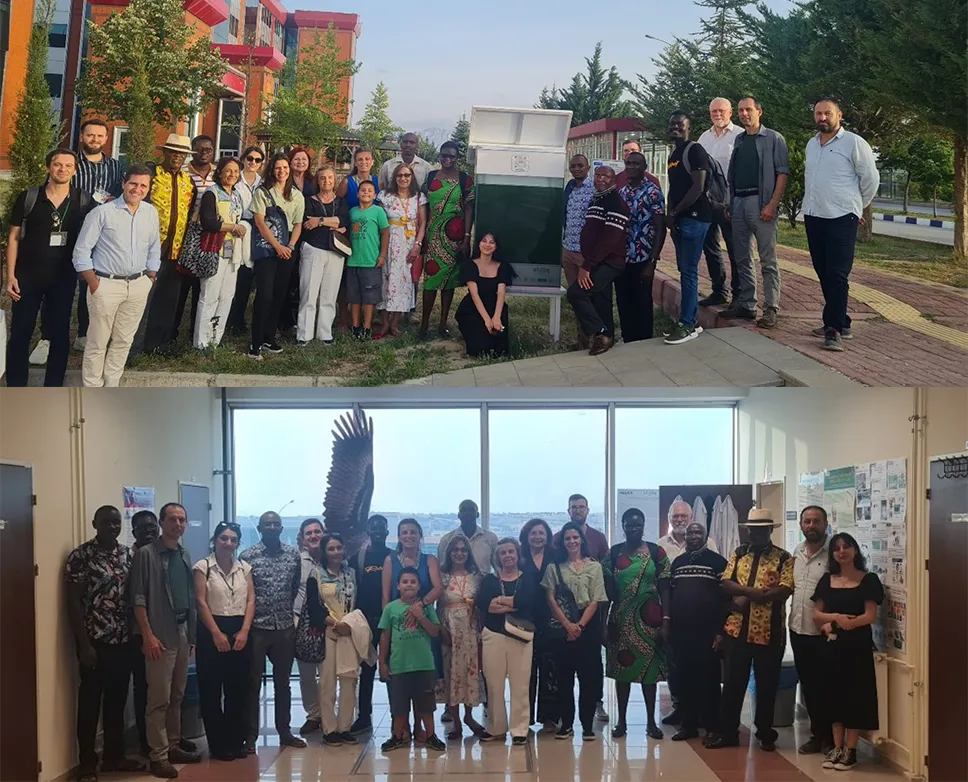

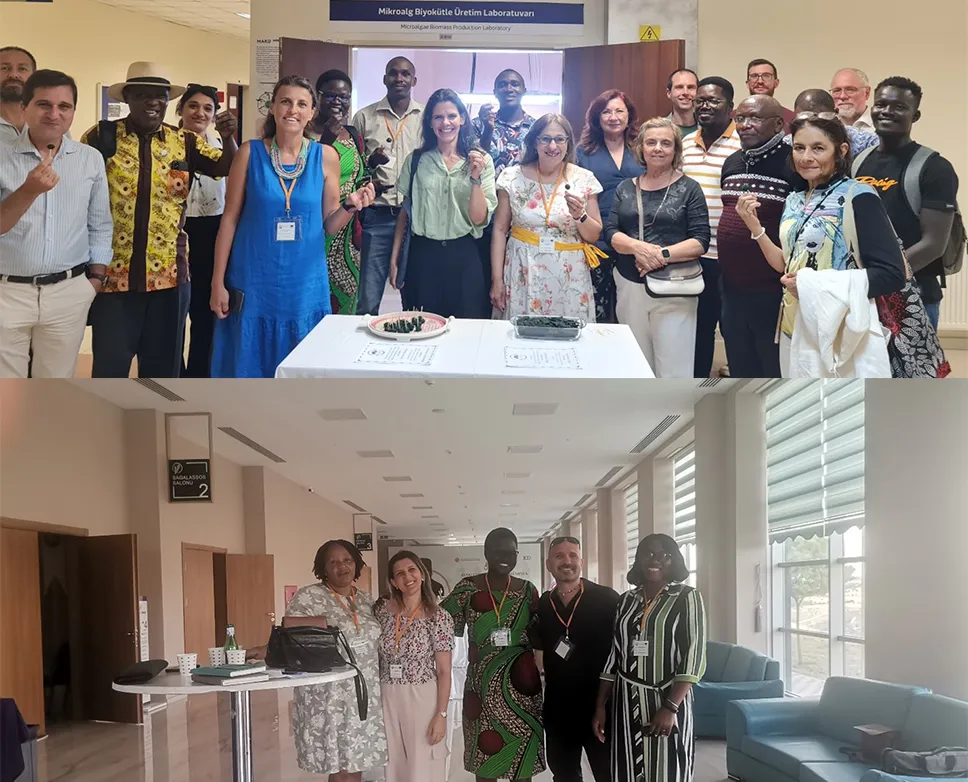
Our faculty's different departments are making significant scientific contributions that are recognized in the national and international scientific community. To access these works, you can review the resumes of our academic staff through both the academic information system and the YÖK-Akademik page. Various studies of ours are published in high-impact journals, including prestigious international journals such as Nature, Science , and Cell group.

Our faculty member from the Department of Molecular Biology and Genetics, Assoc. Prof. Dr. Füsun AKGÜL, developed aLgaç together with undergraduate students within the scope of the Regional Development Oriented Mission Differentiation and Specialization Program «Innovative Food and Feed Additive as a Green Resource: Microalgae (YeYeM)» project. aLgaç is an ecological application aimed at reducing the carbon dioxide ratio in the atmosphere and increasing the oxygen ratio by using carbon dioxide, the most important of the greenhouse gases whose emission is increasing day by day. The panel-type microalgae photobioreactor, named aLgaç, derived from the words algae and tree, has the capacity to capture and convert into biomass the amount of carbon dioxide captured by 5.6 25-year-old trees in one day. aLgaç, which meets its electricity needs with a solar energy system, is a self-sufficient closed system designed to operate with minimum consumption. aLgaç is designed to be used in situations where air pollution is intense, and there is no area or time for afforestation. It can be used as an alternative carbon capture source in large cities where vehicle and population density, and therefore carbon dioxide emissions, are high. Although there are a few examples of aLgaç in the world, aLgaç is the first and only one in our country. Designs made with small volumes can be widely used to increase oxygen concentration in crowded indoor spaces such as hospitals and schools.
The outputs of scientific studies are presented and shared with the scientific community at events such as national and international congresses, symposiums, workshops, and seminars.

